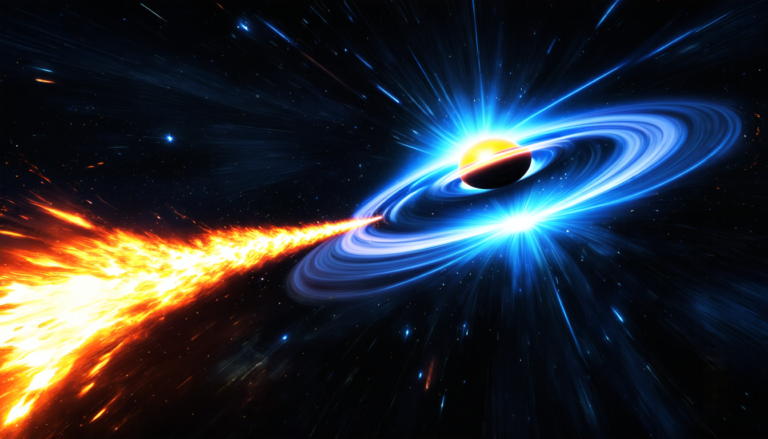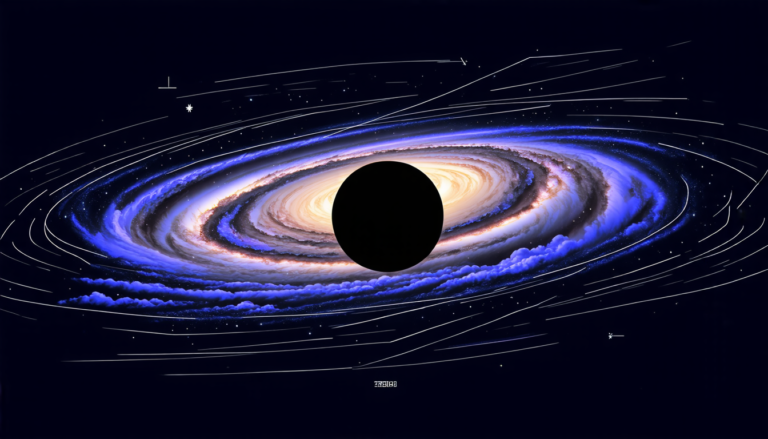Thursday 10 April 2025
A team of scientists has developed a new method for estimating the uncertainty of results obtained through extrapolation to the complete basis set limit. This may sound like a mouthful, but bear with me – it’s actually quite fascinating.
Extrapolation is a common technique used in quantum chemistry, where researchers try to predict the behavior of molecules and atoms by using smaller sets of mathematical functions to approximate their properties. The problem is that these approximations can be uncertain, and without a way to accurately estimate this uncertainty, scientists are left guessing how reliable their results really are.
Enter the random walk method. This new approach uses a computer algorithm to simulate many different possible extrapolation outcomes, each with its own set of uncertainties. By analyzing the range of these outcomes, researchers can get a sense of just how uncertain their results really are.
The beauty of this method is that it’s both simple and powerful. Simple because it relies on basic probability theory, which means it’s easy to understand and implement. Powerful because it allows scientists to estimate uncertainty without having to rely on complicated mathematical models or experimental data.
To test the random walk method, researchers used it to analyze a range of molecules, from simple gases like helium to complex compounds like water. They found that the method was able to accurately predict the uncertainty of their results, and even better – it did so with a level of precision that’s unmatched by other methods currently available.
So what does this mean for scientists? It means they’ll be able to make more informed decisions about their research, knowing exactly how reliable their results are. This could lead to breakthroughs in areas like medicine, materials science, and environmental sustainability, where accurate predictions are crucial.
But the random walk method isn’t just limited to quantum chemistry. It has the potential to be applied to any field that relies on extrapolation – from climate modeling to finance to engineering. And as our understanding of complex systems continues to grow, this method will likely play an increasingly important role in helping us make sense of the world around us.
In short, the random walk method is a powerful new tool for scientists, one that could revolutionize the way we approach uncertainty and prediction. By giving researchers a more accurate picture of their results, it has the potential to unlock new discoveries and insights that will benefit society as a whole.
Cite this article: “Unlocking the Secrets of Atomic Interactions: A New Method for Estimating Uncertainty in Quantum Chemistry Calculations”, The Science Archive, 2025.
Quantum Chemistry, Uncertainty, Extrapolation, Random Walk Method, Probability Theory, Molecular Properties, Computer Algorithm, Scientific Research, Prediction, Precision.







